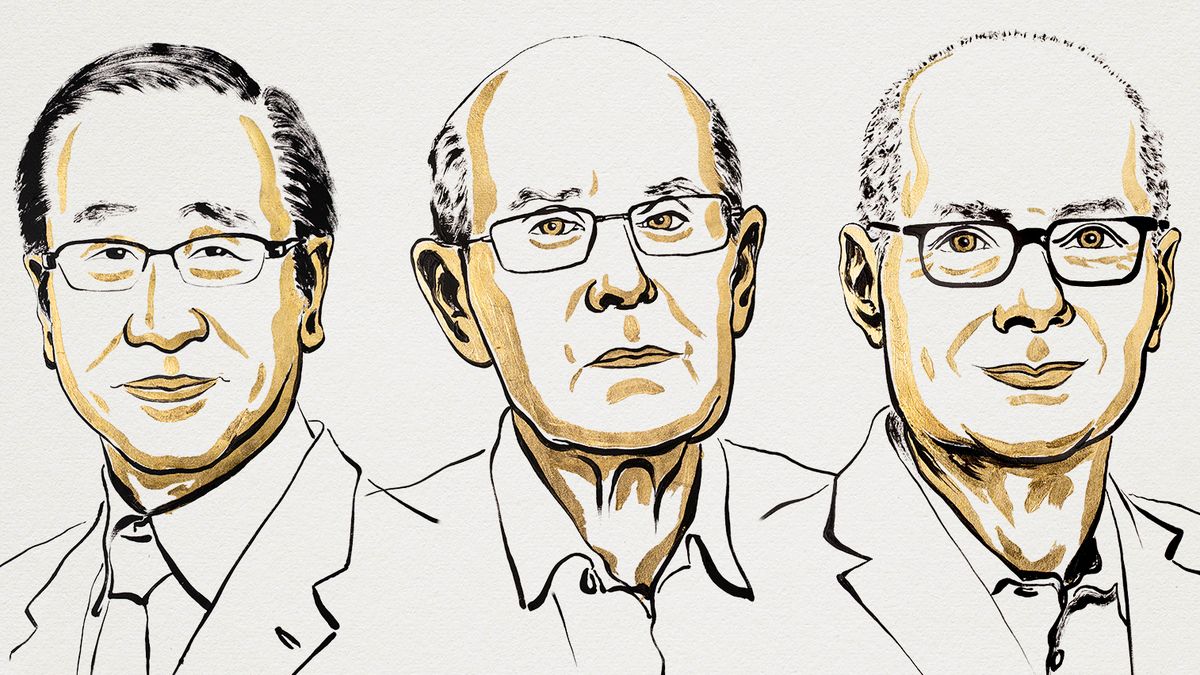retirement
How much pension can I have without paying taxes?
Copy the current link
Add to watchlist
Pension taxation is complex, new regulations make it even more complex: which rules apply to allowances and who actually has to submit a tax return.
The Ministry of Finance: In 2024, newly retired pensioners were able to receive a gross annual pension of 16,243 euros without having to pay taxes on it. The amount applies to single people and double for married couples. Older pensioners who retired in 2005 were even able to collect a little more, namely up to 19,758 euros, without incurring tax. This is due to And the tax allowance for new pensioners decreases by a few euros every year because the proportion of the pension that is taxed increases in mirror image.
Most recently (2024), 83 percent of the gross pension was subject to taxation. Originally it was supposed to be 100 percent in 2040, but now full taxation will only take effect in 2058, as regulated by the Growth Opportunities Act. Overall, downstream taxation applies because employees can, in mirror image, spend a slightly larger amount of their income each year on retirement provision without this money being taxed.
These pensioners must file a tax return
The regulation is intended to ensure a little more fairness when it comes to pension savings and encourage younger people to save privately. Because they initially make these contributions from their untaxed gross income. Only the payouts from such retirement contracts are then taxed. It is assumed that the tax rates for pensioners will be lower. Seen this way, pension savers should benefit from a small tax advantage.
This currently means: Anyone who had more than 11,604 euros in pension income in the past year of 2024, regardless of when they retired, must generally submit a tax return. In the current year 2025, the amount of 12,084 euros is considered the magic limit. This is the current tax allowance for pensioners, and from this level onwards taxation generally applies, from around 1000 euros per month onwards – at least if the retiree cannot claim any other deductions. Of course, it may be the case that pensioners had business expenses and special taxes, or can claim extraordinary expenses. Therefore, your total income can be higher than this allowance – and still remain tax-free. However, the tax office must check this on a case-by-case basis.
More articles on the topic of pensions:
Taxation share of the pension: 83 percent
The Finance Ministry’s calculation is as follows: In 2024, the highest annual gross pension for new pensioners, which was exempt from tax, will be 16,243 euros annually. This corresponds to 1323 euros per month. The tax share of the pension is currently 83 percent, which means that “only” 13,481 euros of these 16,243 euros are subject to tax. From this, pensioners can deduct the flat rate for business expenses of 102 euros, the flat rate for special expenses of 36 euros and pension expenses of a maximum of 1,739 euros. That results in 11,604 euros for 2024.
Long-term pensioners who retired in 2005 can still collect 50 percent of their pension income tax-free, which is why they receive the higher pension of 19,758 euros, which corresponds to 1,610 euros per month, which can remain tax-free at most.
Source: Stern





